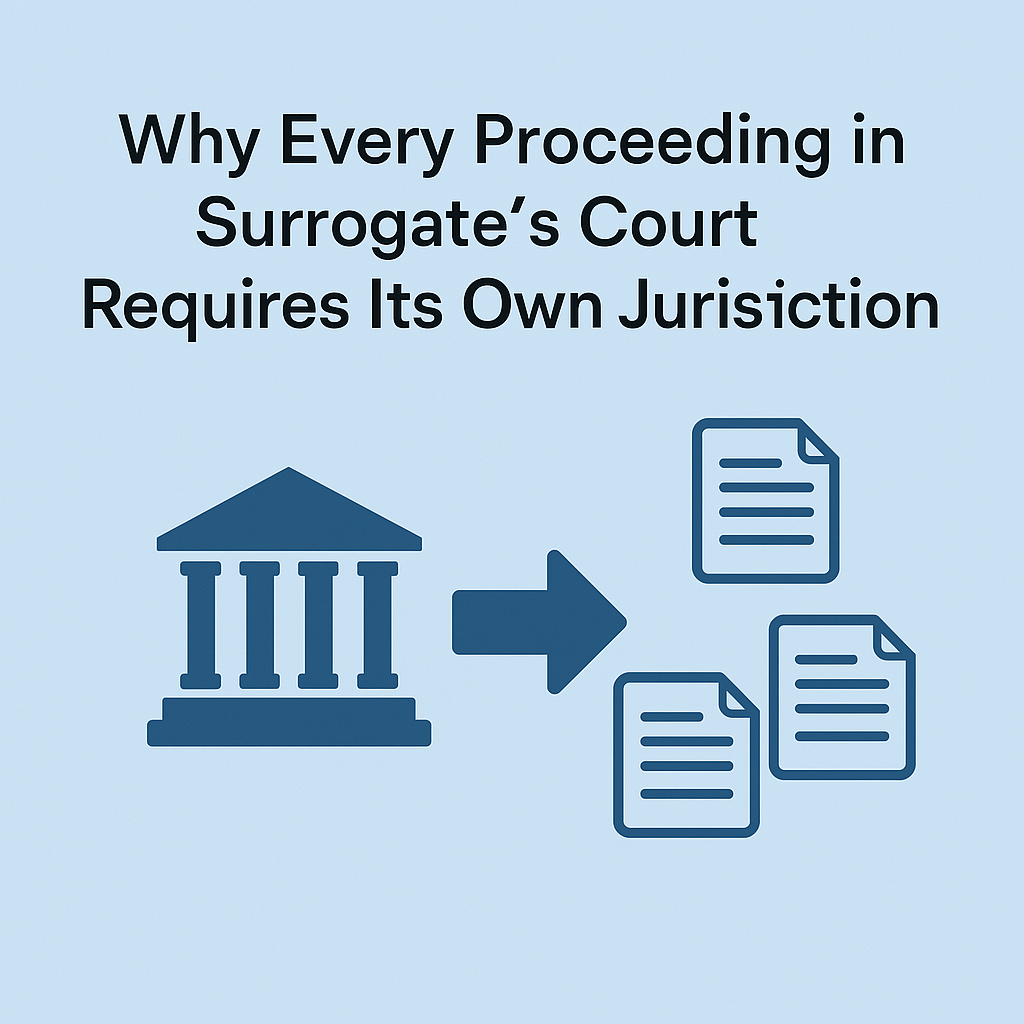When it comes to contributing to a Roth account, there are a few different types of people who should consider making contributions.
(1) One group is those who expect to be in a higher tax bracket in retirement than they are currently. By contributing to a Roth account, they can pay taxes now on their contributions at their current tax rate, and then withdraw the funds tax-free in retirement when they are in a higher tax bracket.
(2) Another group that should consider contributing to a Roth account is those who have already maxed out their contributions to a traditional IRA or 401(k) plan. Roth accounts can provide an additional tax-advantaged savings option for those who have already hit their contribution limits for other retirement accounts.
(3) Younger individuals who have a long time horizon before retirement can benefit from contributing to a Roth account. By making contributions now and allowing them to grow tax-free over several decades, they can potentially accumulate a significant amount of tax-free savings by the time they retire.
(4) Arguably, almost all workers should contribute to a Roth account, states Elizabeth O'Brien.[1] "Having some of your savings in after-tax Roth dollars gives you more flexibility, experts say. As long as certain conditions are met, Roth withdrawals don’t count toward your taxable income. Tapping after-tax dollars to help meet your living expenses may allow you to stay in a lower tax bracket and avoid paying the higher Medicare Part B and D premiums required of a single person making more than $97,000."
Elizabeth O'Brien, Almost All Workers Should Contribute to Roth Accounts. Here’s Why., Barron's, Sept. 8, 2023 (Apple News link). ↩︎
Hani Sarji
New York lawyer who cares about people, is fascinated by technology, and is writing his next book, Estate of Confusion: New York.







Leave a Comment